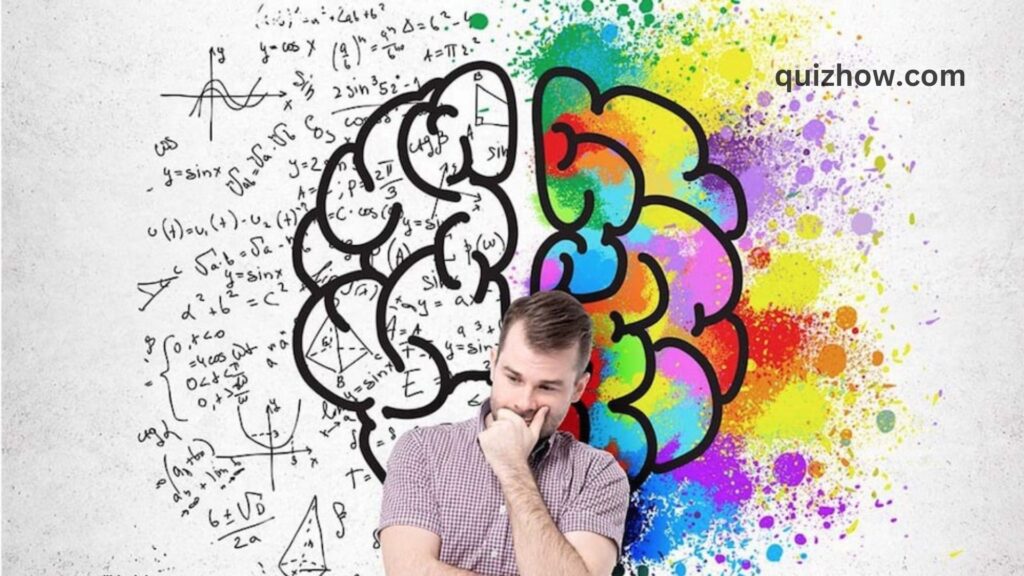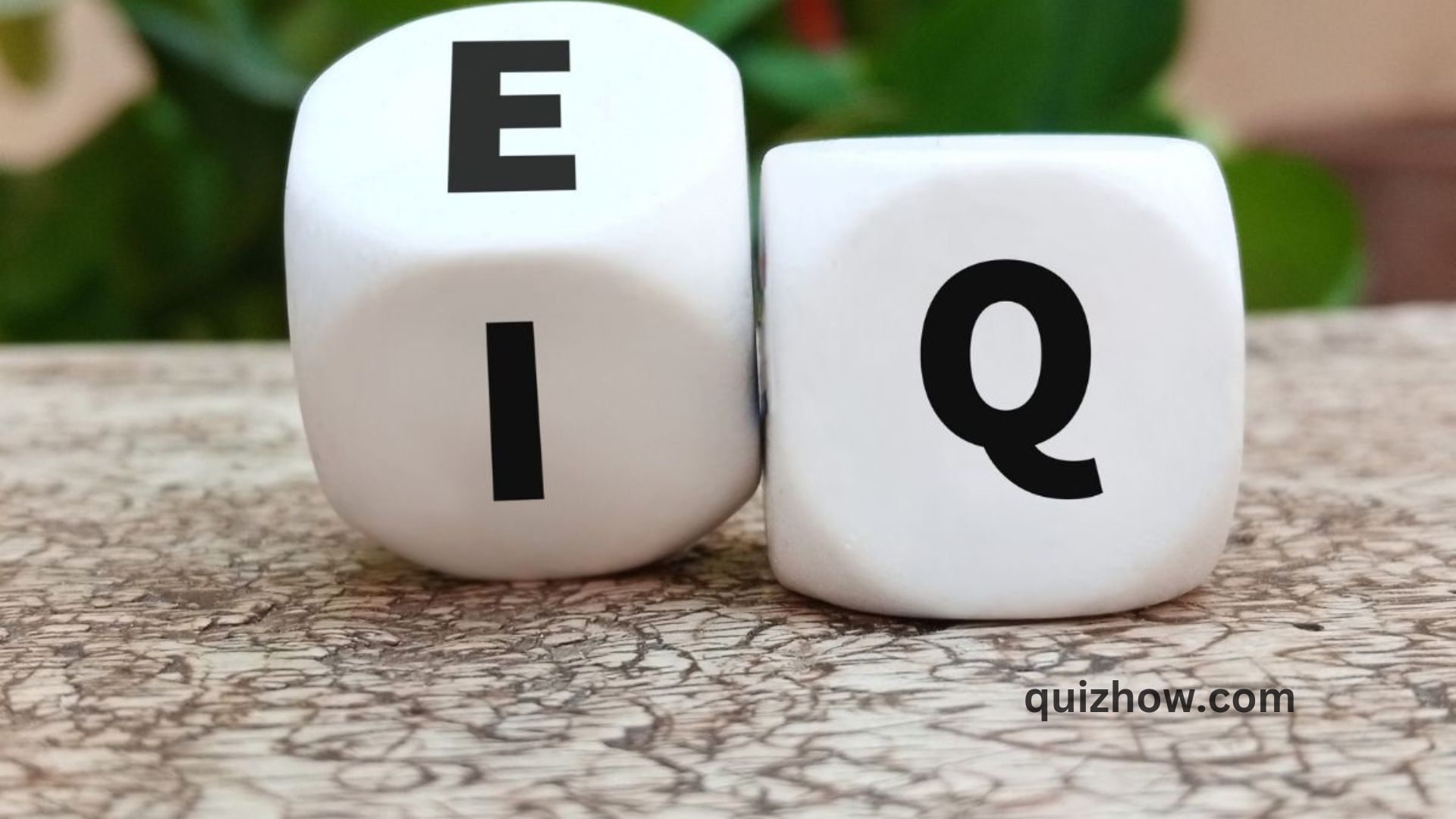Living beings are lucky to have the ability to feel. We can experience things physically, like the hardness of wood or the softness of a feather, and we can also feel things mentally, such as the fear we feel when we see a snake. Feelings are experienced consciously, but sometimes we have sensations that happen unconsciously or subconsciously. These are called emotions. In simple terms, feelings are our reactions to our emotions.
It’s important for us to understand our emotions because we humans are social creatures living alongside one another. Society has its own rules and codes of conduct, and for everything to run smoothly and peacefully, we need to manage our emotions well.
You might have heard of IQ, or intelligence quotient. Well, there’s also something called EQ, or emotional quotient. This refers to our ability to understand situations and express ourselves. It’s also known as emotional intelligence (EI).
Emotional intelligence is crucial not just for our own lives but also for the lives of those around us—our colleagues, friends, peers, and family. This article will help you gain insights into emotional intelligence and show you how to use it to your advantage.
What is Emotional Intelligence?
We often talk about intelligence in a general way, without really considering its different types. Each type of intelligence helps us tackle specific challenges, whether they’re related to math, language, business, or technology. Someone might be really smart but struggle with their personal life, or they might be wealthy yet feel restless and unhappy. These examples highlight a lack of what we call emotional intelligence.
Emotional intelligence is the ability to deal with the many challenges we face in our relationships with ourselves and others. It helps us approach these challenges with patience and understanding. It’s all about how well we manage our emotions and connect with the people around us.
In social situations, emotional intelligence shows up as being sensitive to the feelings of others. It helps us understand that there might be more going on in someone’s life than what meets the eye. For instance, an outburst could be a hidden cry for help.
If you have emotional intelligence, you won’t just trust your first instincts. You’ll realize that feelings like hatred might actually cover up deep love, or that anger might be hiding sadness.
History of Emotional Intelligence
When psychologists first started studying intelligence, they mainly looked at cognitive skills like memory and problem-solving. However, some researchers quickly realized that non-cognitive skills were just as important. Scientific discussions about this began in the 1960s, and in 1990, Salovey and Mayer introduced the first official definition and model of emotional intelligence.

They described emotional intelligence as a type of social intelligence that helps us understand our own feelings and the feelings of others. This ability allows us to recognize and differentiate emotions, and then use that information to guide our thoughts and actions. They also kicked off research to develop reliable ways to measure emotional intelligence and study its importance.
Soon after, other researchers offered different ideas about emotional intelligence, but the most influential one came from Daniel Goleman in 1995. Goleman, a science writer for the New York Times, became interested in earlier research in this field and wrote the book Emotional Intelligence, which helped popularize the term.
With the buzz around this new idea of intelligence, many people started using the term “emotional intelligence,” but often in different ways.
Given its importance, figuring out how to measure emotional intelligence became a big focus. The earliest tool for measuring it was Bar-On’s EQ-I scale, introduced in 1997, which is a self-report questionnaire.
Another tool is the Multifactor Emotional Intelligence Scale, which tests abilities. There are also other resources like the Emotional Competence Inventory and the EQ Map that are commonly used.
Why Is It Important To Understand Emotional Intelligence?
It’s really important for us to handle our emotions well every day. Our brains often let our feelings take charge, and studies show that emotions come before thoughts. Here’s how it works:
When you hear, see, touch, or smell something, your body sends these experiences as electrical signals. These signals travel from cell to cell until they reach your brain. They enter at the base of your brain and then need to move to the frontal lobe, which is right behind your forehead. This is the part of your brain that helps with logical thinking.
However, before these signals reach the frontal lobe, they pass through the limbic system, where emotions are generated. This means you often feel emotions before your logical thoughts kick in. The frontal lobe and the limbic system communicate constantly, and this back-and-forth is crucial for emotional intelligence.
By improving your emotional intelligence, you can boost your productivity and success while also helping others do the same. Plus, working on your emotional intelligence can reduce stress in many ways.
On a personal level, emotional intelligence can help you have those tough conversations with loved ones without hurting their feelings. It also helps you manage your emotions when you’re stressed or overwhelmed, making your relationships with the people you care about stronger. Professionally, emotional intelligence can assist you in resolving conflicts, motivating your colleagues, and creating a safe space for everyone in your team.

Also Read: Psychology Facts About Seniors
Ways To Improve Your Emotional Intelligence
When it comes to defining emotional intelligence (EI), things can get a bit tricky. There isn’t just one clear definition, and researchers often disagree on what terms to use and how much our behavior is influenced by EI. The mixed model created by Daniel Goleman is the most popular and widely accepted approach to understanding emotional intelligence. This model breaks down EI into different skills that together give us a picture of a person’s emotional intelligence level.

Here are the main competencies:
- Self-Awareness: This means being in tune with your feelings, using your instincts to help with decision-making, and having a realistic view of your own strengths and weaknesses.
- Self-Management: This is about managing your emotions so they help rather than hinder your growth, bouncing back from emotional setbacks, and turning your true feelings into actions that lead to success.
- Social Awareness: This involves sensing what others are feeling, seeing situations from their point of view, and building relationships with a variety of people.
- Social Skills: This includes managing emotions in relationships, interacting well in social situations, and using these skills to influence, persuade, negotiate, and lead others.

What’s important to know about Goleman’s model of EI is that these skills aren’t just something you’re born with; they can be developed over time. Unlike IQ, which tends to be fixed by adulthood, you can continue to grow your emotional intelligence throughout your life.
Here are some tips to boost your emotional intelligence:
- Acknowledge Your Emotions: Recognize and accept your feelings. Don’t brush them aside; talk about them instead.
- Differentiate and Analyze Your Emotions: Understand that there are many different emotions, and each one needs to be managed differently.
- Accept and Appreciate Emotions: Emotions aren’t inherently good or bad; they are shaped by society. So, embrace your emotions, whether they’re positive or negative. You might find it helpful to write them down in a journal.
- Reflect on Your Emotions and Their Origins: Once you understand your feelings, think about why you feel that way in certain situations. Knowing what triggers your emotions will help you manage them better.
- Handle Your Emotions: Sometimes just reflecting on your feelings is enough, but in other cases, you might need to actively find ways to cope. This could be through sports, meditation, talking with friends, or other activities.
- Support Others’ Emotions: As you learn to understand and manage your own emotions, it will be easier for you to handle the feelings of those around you. You’ll gain a deeper perspective.
Remember, your emotions are unique to you. The more you understand them, the more connected you’ll feel to yourself. Emotional intelligence can be a complex topic, but it’s also fascinating!

Discover more from QuizHow
Subscribe to get the latest posts sent to your email.

